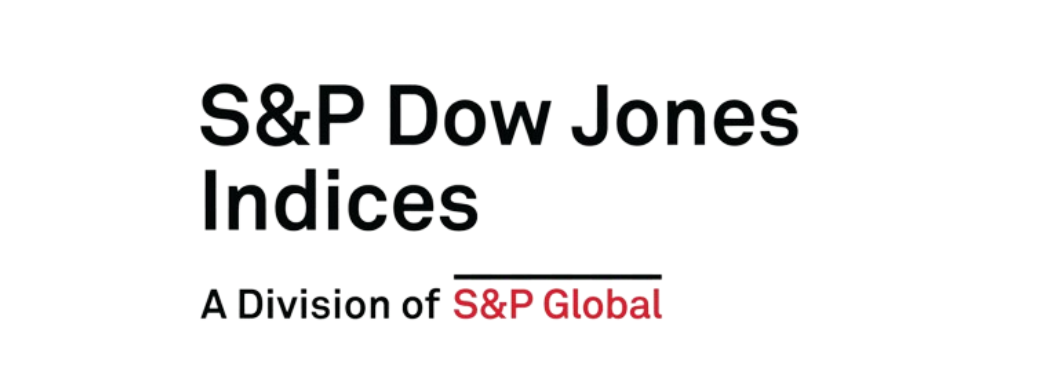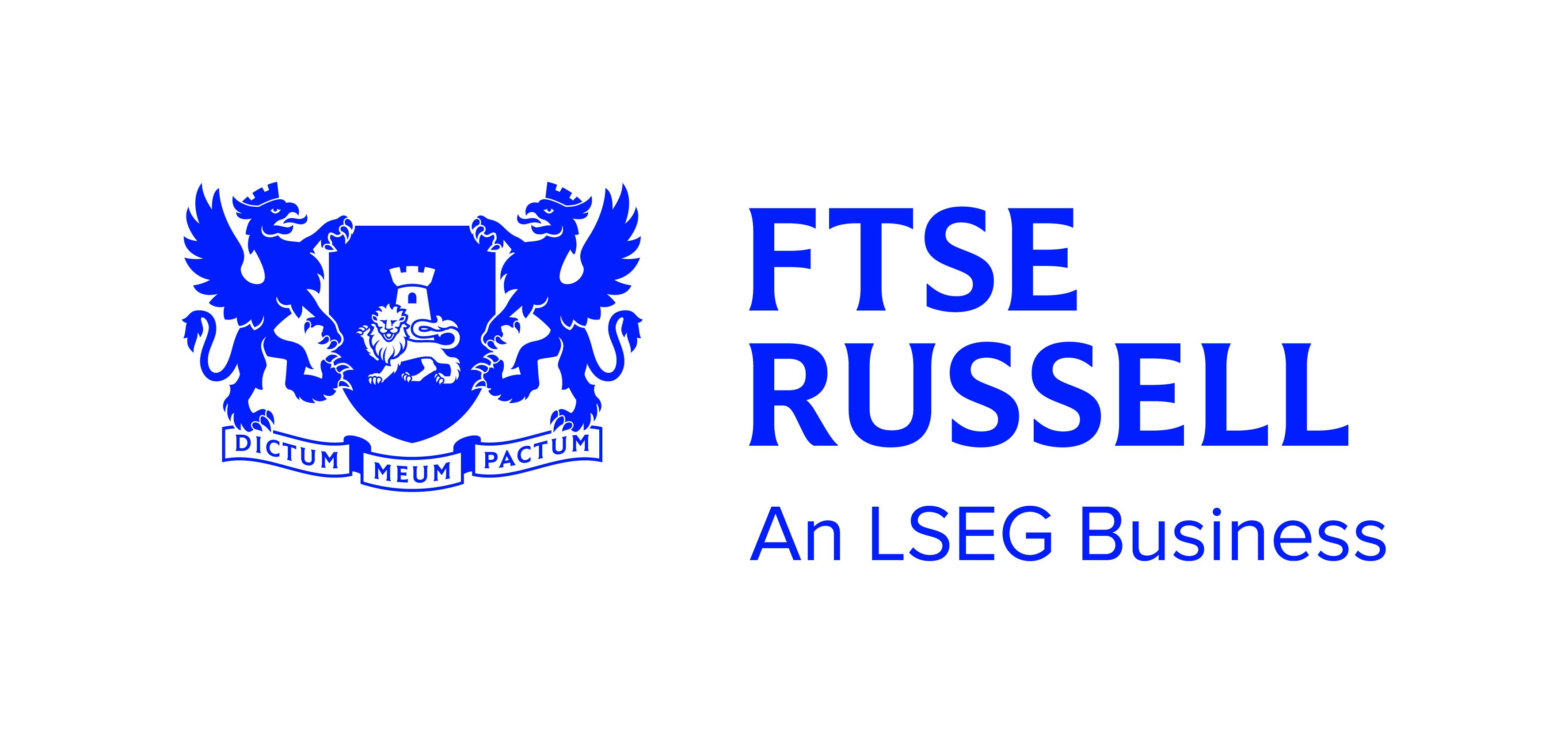The Securities and Exchange Commission (SEC) is assessing whether to tighten rules on index providers given their growing influence on global asset management.
The regulator said it was investigating whether companies such as MSCI, S&P Dow Jones Indices (SPDJI) and FTSE Russell should be reclassified from information providers to investment advisers, which could have profound implications for the way they are regulated.
It means that index providers could be treated the same way as fund managers under the Investment Advisers Act 1940.
Gary Gensler, chair of the SEC, said: “In recent decades, the use of information providers has grown, changing the asset management industry.
“The role of these information providers today raises important questions under the securities laws as to when they are providing investment advice rather than merely information.”
He said the watchdog would be seeking information and public comments to help guide its approach.
Gensler added registered funds that track indices have grown to over $10trn assets under management, ranging from broad-based indices to specialised narrowly-focused ones.
“Having evolved in size and scope, these indexes are increasingly influential,” he continued. “Therefore, an index provider’s decision to include a particular security in an index often influences users of the index to purchase or sell securities. This raises questions about whether the index provider is providing investment advice.”
Can anyone disrupt the dominance of the ‘Big Three’ index providers?
A recent study titled The impact ETF index inclusion on stock prices found inclusion in broad benchmarks such as the S&P 500 inflates the valuation and demand of an asset from investors.
A 2011 study showed stocks rose 8.8% in the time between S&P 500 entry being announced and a company joining the benchmark. Meanwhile, excluded stocks would fall by an average of 15.1% between announcement and enactment days.
The dominance of the ‘Big Four’ index providers has been a cause for concern for several years with their market dominance growing every year.
In Europe, MSCI, FTSE Russell and SPDJI account for more than 80% of passive equity funds, according to data from Morningstar.
This has led to fears of stifling innovation and keeping fees from declining as they look to refine their business model.
Related articles






